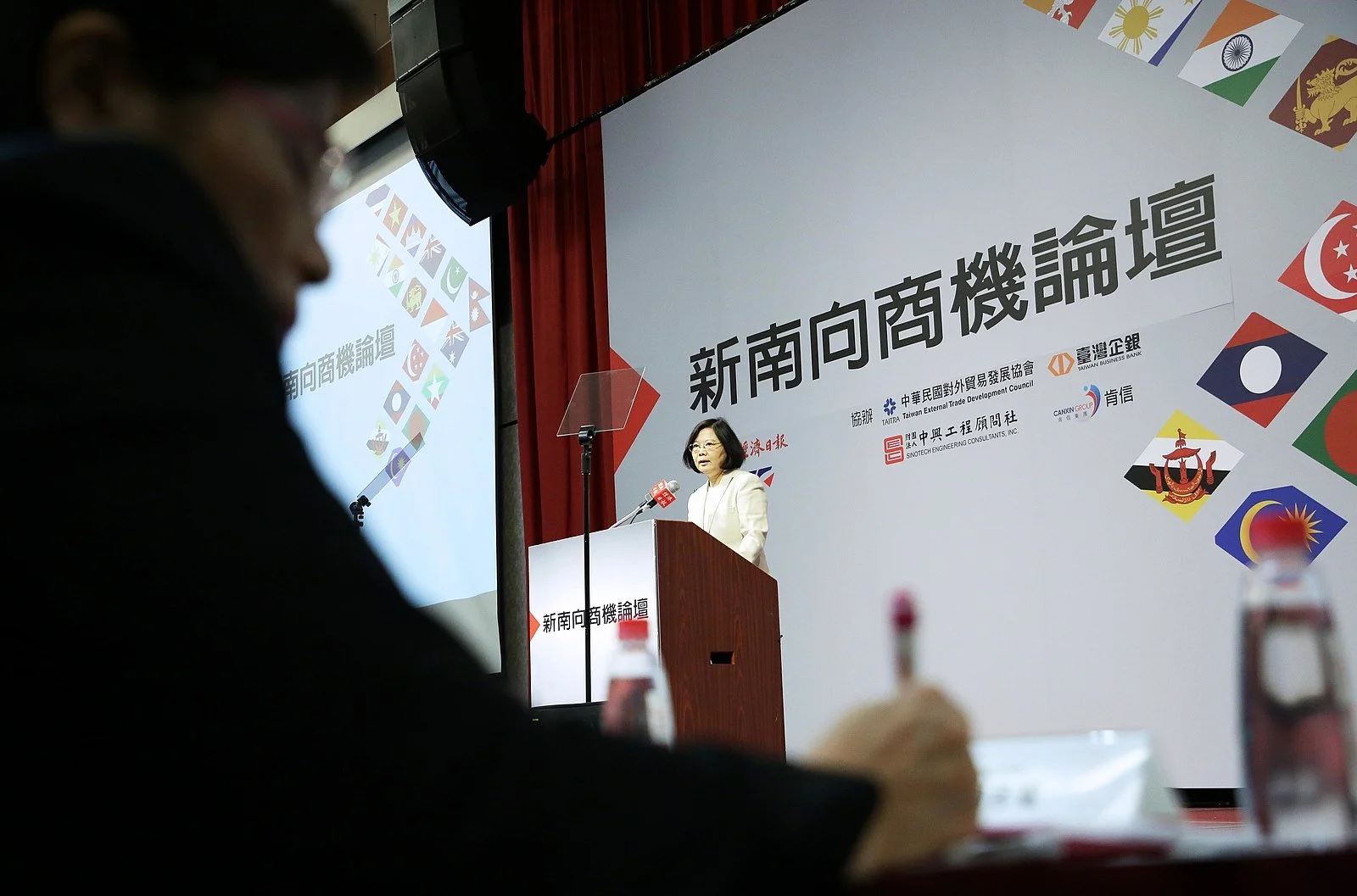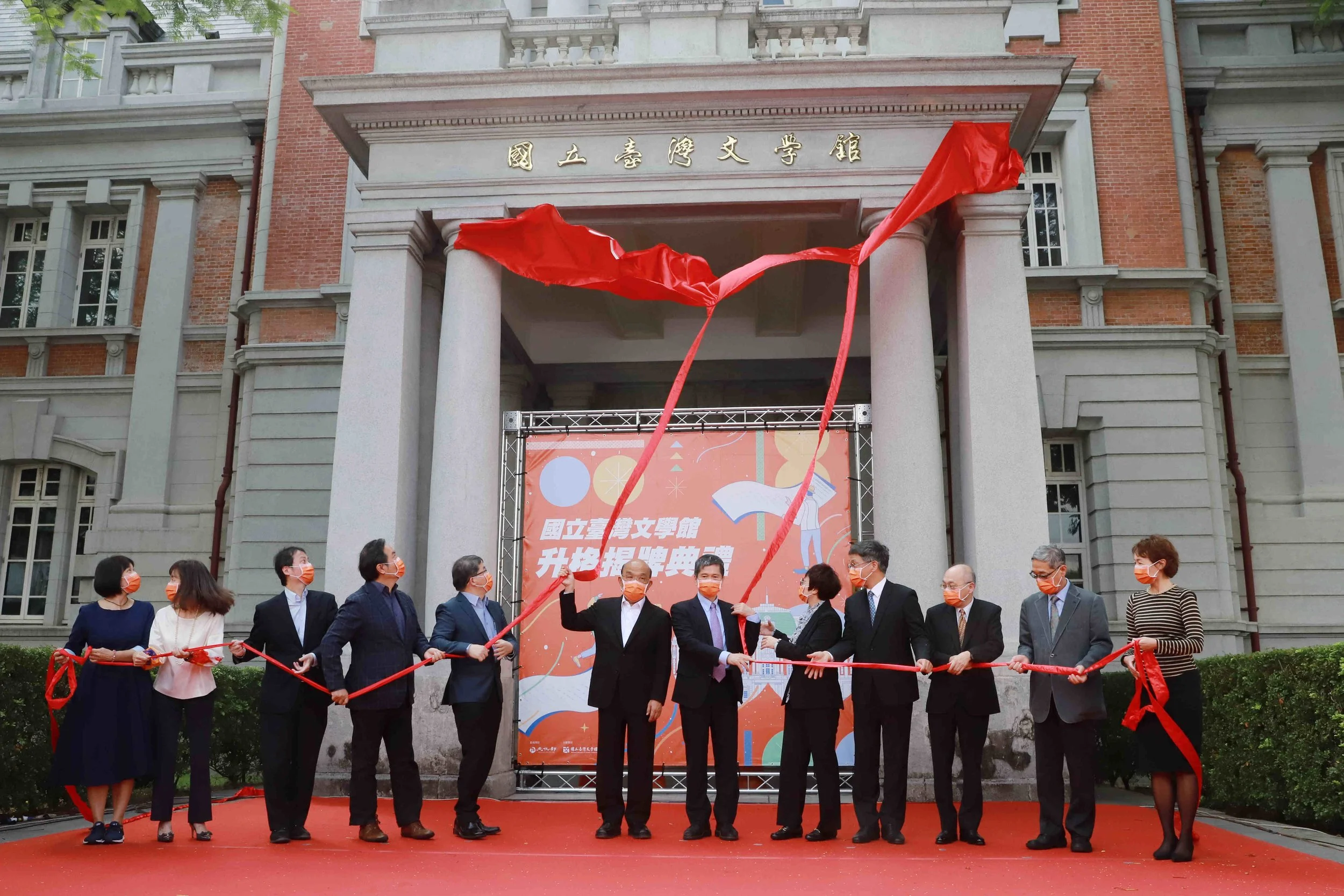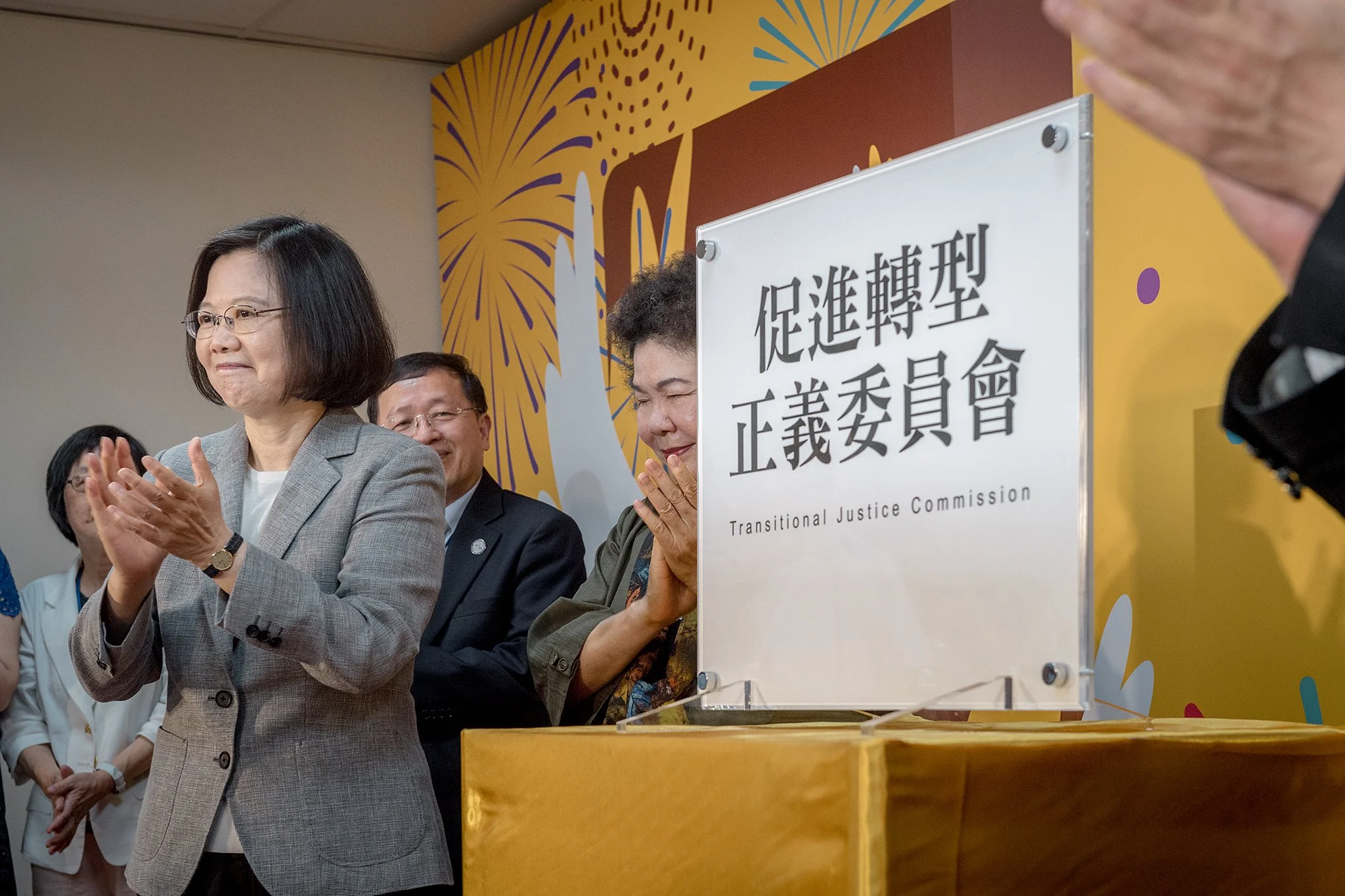The Taiwan Gazette translates and publishes original reporting from Taiwan, Hong Kong and China. Our goal with the platform is simple: We want original reporting from the Sinosphere to have a wider impact on global civil society.
All in The Taiwan Gazette
Taiwan Studies in a Transnational Context: An Interview with Pei-Chia Lan (Part 3)
We are pleased to discuss with Professor Lan her research on migrants, parenting, and second-generation children in Taiwan. In this last part, Professor Lan discusses her experiences in public sociology and shares some tips for students engaging in Taiwan Studies.
On Transnational Parenting: An Interview with Pei-Chia Lan (Part 2)
We are pleased to discuss with Professor Lan her research on migrants, parenting, and second-generation children in Taiwan. Part 2 focuses on Professor Lan’s study on parenting. She shares her framework of transnational relational analysis, which overcomes the pitfall of methodological nationalism, and her experiences publishing her parenting study in English and Chinese.
Studying Migrants Before and During the Pandemic in Taiwan: An Interview with Pei-Chia Lan (Part 1)
We are pleased to discuss with Professor Lan her research on migrants, parenting, and second-generation children in Taiwan. Reflecting on her academic journey, in Part 1, Professor Lan discusses how her research on migrant workers has evolved over the years. She also offers insightful analysis of how migrant workers navigate the changing landscape of Taiwanese society during the COVID-19 pandemic.
The Past Conditional Temporality of Taiwan's Transitional Justice: An Interview with Cheng-Yi Huang (Part 2)
How have Taiwan’s civil society responded to the limits of state-organized transitional justice initiatives?
The Law and Politics of Taiwan’s Transitional Justice: An Interview with Cheng-Yi Huang (Part 1)
How can we understand the challenges and possibilities facing Taiwan’s quest for transitional justice through the lens of constitutionalism and political contestation?
Taiwan's Civil Sphere and Its Memories of Injustice: An Interview with Ming-cheng M. Lo (Part 2)
Taiwan’s response to the COVID-19 pandemic is often applauded internationally as a success story, yet it has only been possible because of Taiwan’s strong medical profession and vibrant civil society. How did civil society engagement contribute to Taiwan’s pandemic response?
Taiwan's Colonial Medical Professionals and Their In-Betweenness: An Interview with Ming-Cheng M. Lo (Part 1)
Few scholars have investigated both the colonial origin of Taiwan’s medical profession and the development of Taiwan’s public health system and civil society engagement after democratization. How did the medical profession in Taiwan emerge in the Japanese colonial era? Why are there many doctors actively participating in today’s Taiwanese politics?
The Future of Taiwan Literature: An Interview with Shuo-bin Su (Part 2)
“Taiwan literature can be conceived of as every single mode of literary expression that has left an existential trace on Taiwan,” said Dr. Shuo-bin Su (蘇碩斌), director of the National Museum of Taiwan Literature. The research, preservation, and promotion of such modes of expression, however, either failed to receive organized institutional support or was subsumed under a China-centered historiographical perspective before the lifting of martial law in Taiwan. The establishment of Taiwan literature as a field of academic inquiry became possible thanks to the political liberalization of Taiwanese society and the emergence of a “Taiwan consciousness” since the 1980s. What might be the challenges and possibilities facing the field of Taiwan literature, then and now? What might be the new directions of the field? This interview features as part of our special issue: Encountering Everyday Life: Taiwan in Museums.
The Power of Taiwan Literature: An Interview with Shuo-bin Su (Part 1)
Before the lifting of martial law in 1987, the research, preservation, and promotion of Taiwan literature in Taiwan either failed to receive organized institutional support or was subsumed under a China-centered historiographical perspective. The establishment of Taiwan literature as a field of academic inquiry became possible thanks to the political liberalization of Taiwanese society and the emergence of a “Taiwan consciousness” since the 1980s. What might be the challenges and possibilities facing the field of Taiwan literature, then and now? What might be the new directions of the field? This interview features as part of our special issue: Encountering Everyday Life: Taiwan in Museums.
Historicizing “Taiwan History”: An Interview with Lung-chih Chang (Part 1)
The field of Taiwan history has gained increasing visibility in academia, both in Taiwan and abroad. Yet the production and dissemination of Taiwan-related knowledge in Taiwan before the lifting of martial law in 1987 faced great difficulty. How did the institutionalization of Taiwan history as an academic field in and of itself changed the way we approach Taiwan history? This interview features as part of our special issue: Encountering Everyday Life: Taiwan in Museums.
轉型正義為法律與政治的辯證:專訪黃丞儀
2022年1月6日,香港民主派初選大搜捕屆滿一週年。面對身處港版《國安法》陰霾下的香港,臺灣的轉型正義經驗有什麼參考的價值?我們很榮幸能訪問黃丞儀教授,探討臺灣解嚴三十多年來轉型正義進程與中華民國憲政體制之間錯綜復雜的關係。在訪談中,黃教授將由法律與政治的辯證過程,討論當前臺灣轉型正義面臨的種種問題、對歷史真相的還原,以及對未來的展望。



















